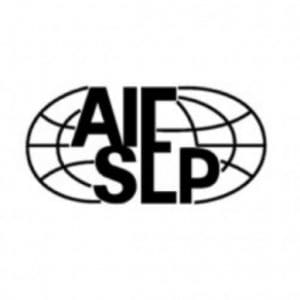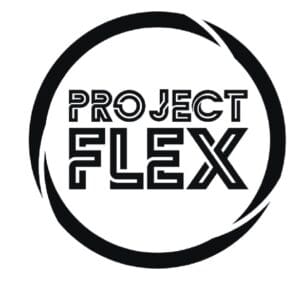The UNESCO 2015 Quality Physical Education (PE) guidelines need to be at the forefront of any European strategy and action intending to increase the opportunities for Health Enhancing Physical Activity (HEPA) from an inclusive perspective. UNESCO underline the importance PE curriculum flexibility, community partnership, teacher education and facilities, equipment and resources as indicators of PE Quality. HEPA Working Group Recommendations (2015) and the different monitoring devices and reports (e.g. “Study on the Implementation of the European Physical Activity Guidelines” (Gerlius et al, 2016)) on PE has become more highlighted, identified and accepted as an essential part of school health promotion in the education sector. Unesco 2015) also underline the importance of monitoring Quality PE:
“Regular monitoring by appropriate agencies should facilitate impartial reporting to relevant authorities on all aspects of provision. Monitoring should address strengths and weaknesses; provide examples of good practice and recommendations for improvement plans where necessary; and involve qualified and experienced support personnel in advisory, supervisory and inspection roles” (p.44).
Nevertheless, there exist only a very small and insufficient list of current indicators for monitoring health benefits and related quality assurance of PE at school (Gerlius et al., 2016). No manual or toolkit was either identified, approved or recommended in one of the final EU-documents of 2015 and 2016.
To developed a consistent monitoring solution, the European Physical Education Association (EUPEA) decide to develop the European Physical Education Observatory (EuPEO) platform, an Erasmus Plus Sport project, lead by the University of Lisbon, based on the collaborative work between the professional and researchers’ PE stakeholders integrated by 12 partners from 8 countries. This include 22 researchers from European PE teachers’ associations and universities or research centres on PE.
The EuPEO (www.eupeo.eu) project aims to convert former monitoring and evaluation experiences of PE and HEPA into a comprehensive but applicable system integrated by a manual external monitoring (MEA) of Quality PE, School Sport (SS) and Other Forms of School Based Physical Activity by the countries, and a toolkit to prepare and provide internal self-monitoring (TIM) of schools on the same issues.
During a three years project, the partners will be involved on the construction and validation of these instruments. The MEA will be developed as an open access methodological e-book to be integrated in the platform supported by the EuPEO webpage to guide the data collection process to feed the observatory database. Moreover, the MEA will be important to the advocacy and to capacitating Europe to monitoring the HEPA recommendations. TIM will capacitate schools to monitor HEPA recommendations directly. Eight national multiplier sport events will disseminate this platform in each partner country, and one European multiplier sport event (EUPEA 2020 Forum) to discuss the platform with other potential international institutions to become part of the project.
More details about this project will be discuss in the EUPEA Seminar at the AIESEP 2018 World Congress.
References
European Commission (2015). Recommendations to encourage physical education in schools, including motor skills in early childhood, and to create valuable interactions with the sport sector, local authorities and the private sector. By the Expert Group on Health-enhancing physical activity.
Gellius, P.; Rütten, A.; Goodwin, L.; Marin, M.; Abu-Omar, K.; Kahlmeier, S.; Martin-Diener, E.; Murphy, M.; Ferguson, M.; Cavill & Foster, N. (2016 ) – Study on the implementation of the European physical activity guidelines. Luxembourg: Publications. Office of the European Union, 2016. ISBN 978-92-79-54607-5
UNESCO (2015). Quality Physical Education (QPE) Guidelines for policy-makers. Published by The United Nations Educational, Scientific and Cultural Organization, France: Paris. ISBN 978-92-3-100059-1.




